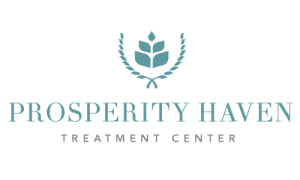At Prosperity Haven, we believe one of the best ways to fight addiction is by understanding your opponent. That’s why we’re committed to educating our community and providing resources so that you can arm yourself against substance abuse with knowledge. Our blog features articles on various topics related to addiction recovery, behavioral health, substance abuse treatment strategies, tools and techniques, support systems, and much more.
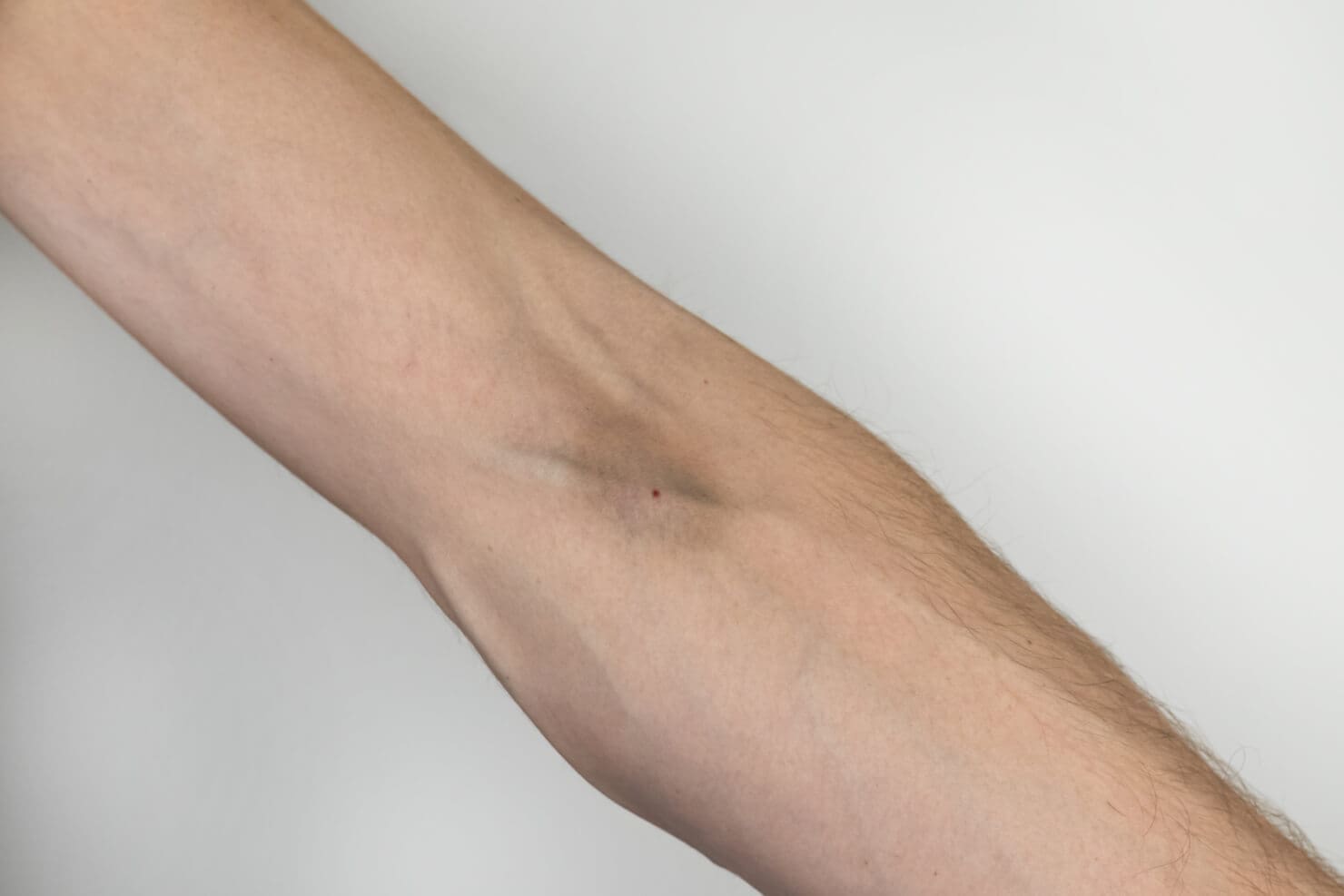
Track Marks From Heroin – How To Get Help
Track Marks From Heroin – How To Get Help November 14, 2022 Prosperity Haven Addiction Treatment This article will tell you everything you need to know about track marks from heroin and other drugs. By the time you’ve finished reading, you’ll know exactly what track marks are, how long they last, and the dangers of IV drug use. You’ll also have a good understanding of how you can get help for your or a loved one’s heroin addiction. Call Now …
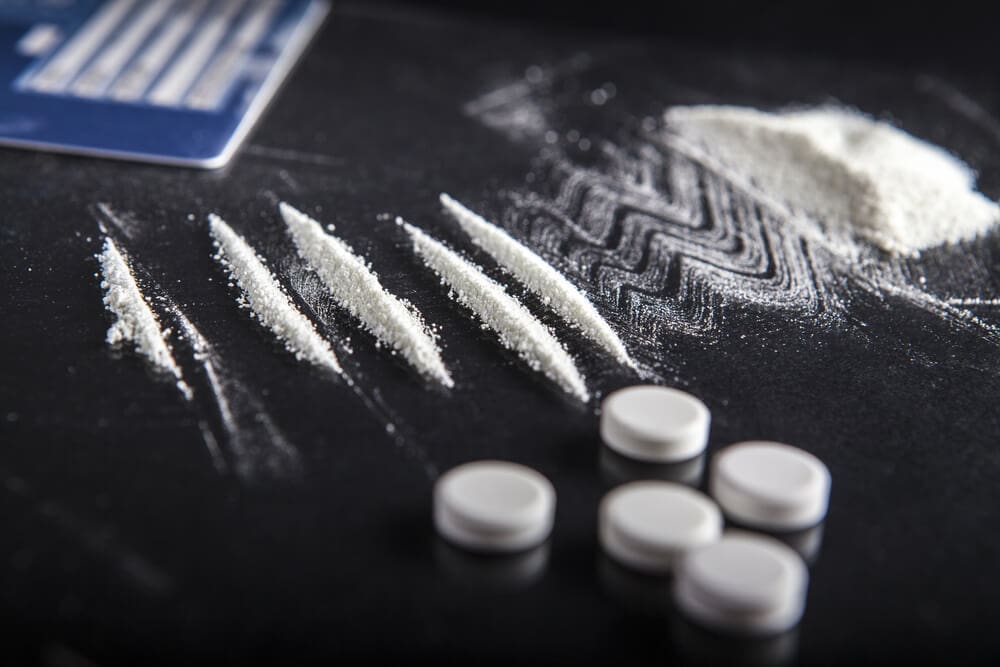
Xylazine – Uses, Types, Names, Risks & More
All about Xylazine (Tranq): Slang Names, Uses, Effects, Risks and How to Get Help Febuary, 2023 Prosperity Haven Staff Drug Treatment Xylazine, also known by the street name “Tranq,” is an animal tranquilizer that has quickly grown in popularity as a recreational drug. Recent reports have shown an increasing presence of xylazine mixed with synthetic opioids, often leading to overdose deaths, mostly of unsuspecting users. In this review we explore this very dangerous drug, its origins, mechanisms, potency and dangers …
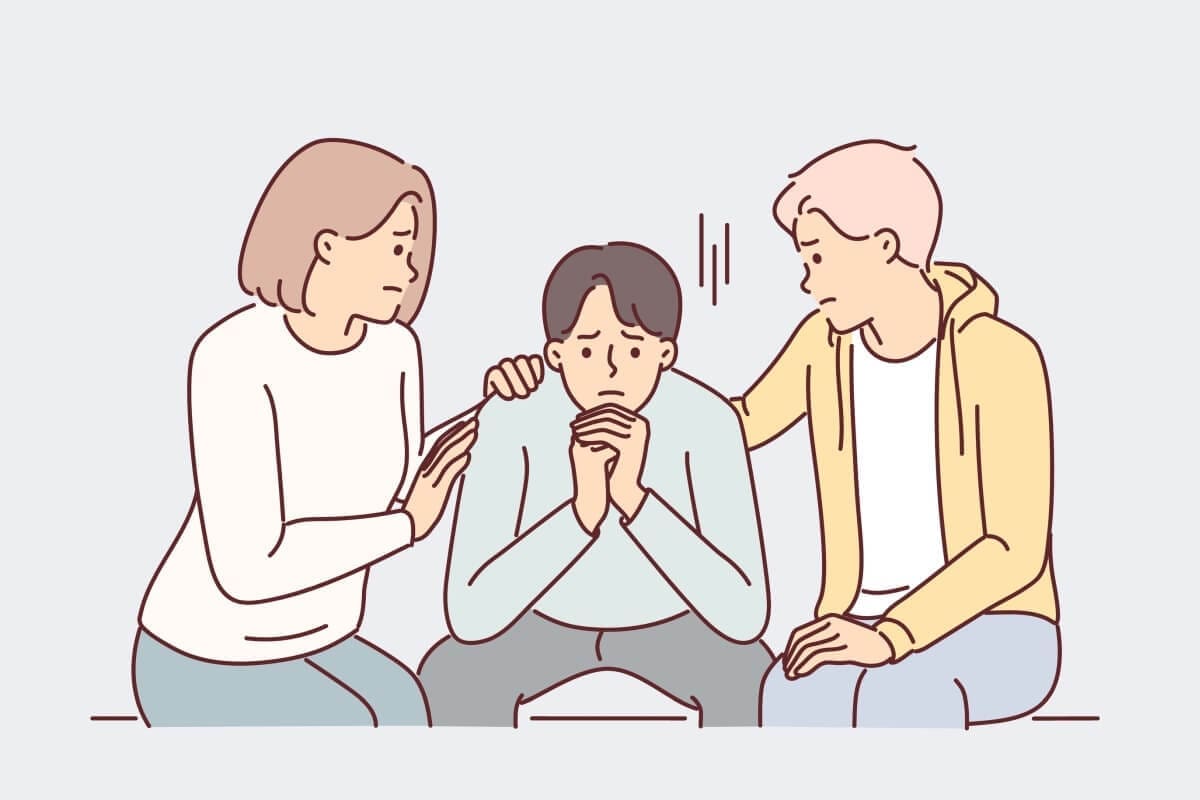
How To Help A Friend With A Drug Addiction
How To Help A Friend With A Drug Addiction June 19, 2023 Prosperity Haven Addiction Treatment Nobody wants to believe that they have a “drug addict friend.” It’s a really scary prospect, and you may not know how to deal with the situation. But contrary to what you may think, the steps needed to help a drug addict are not complex. The most important thing you can do is show compassion and support. This way, you can guide your friend …
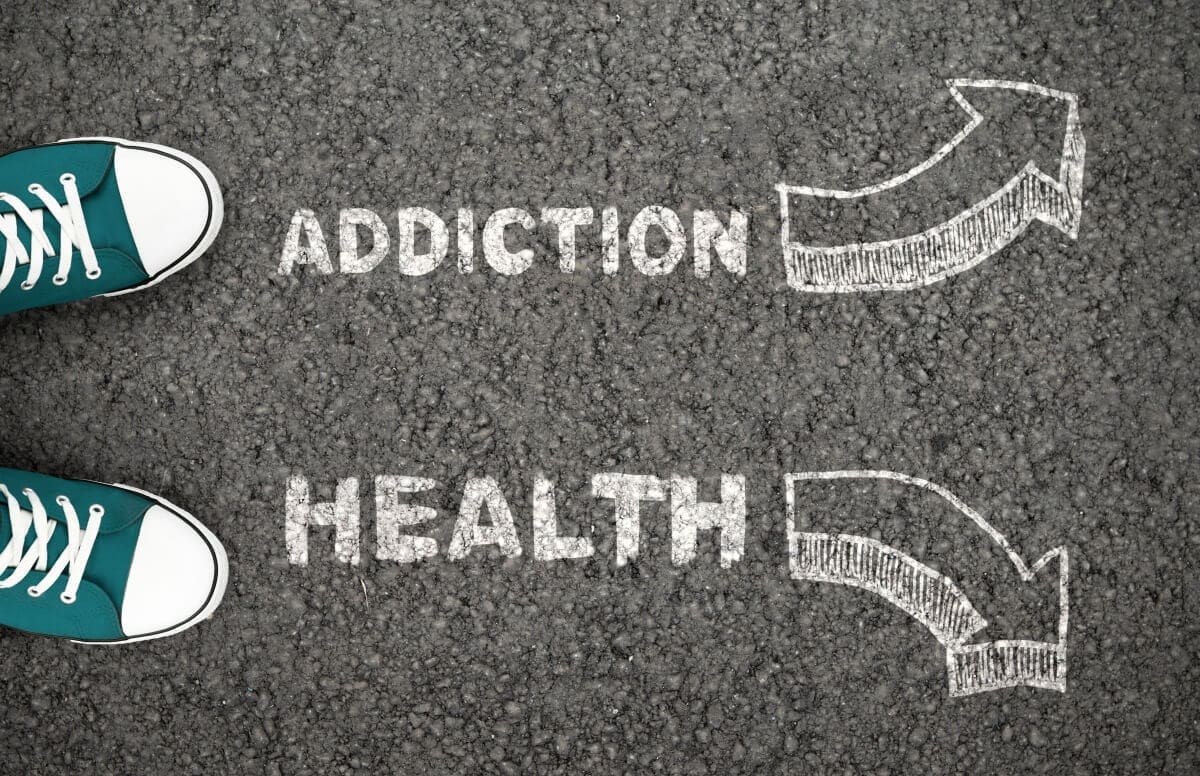
Can You Stop Doing Drugs Without Rehab?
Can You Stop Doing Drugs Without Rehab? July 17, 2023 Prosperity Haven Addiction Treatment It’s the question that everyone with addiction (or everyone who knows someone with addiction) has asked at one point or another: can you stop doing drugs without rehab? There’s no one-size-fits-all answer to this question, but it’s also a very complicated subject. The fact is that rehab greatly increases the chances of recovery from drug addiction. But can someone with a mild addiction get clean without …
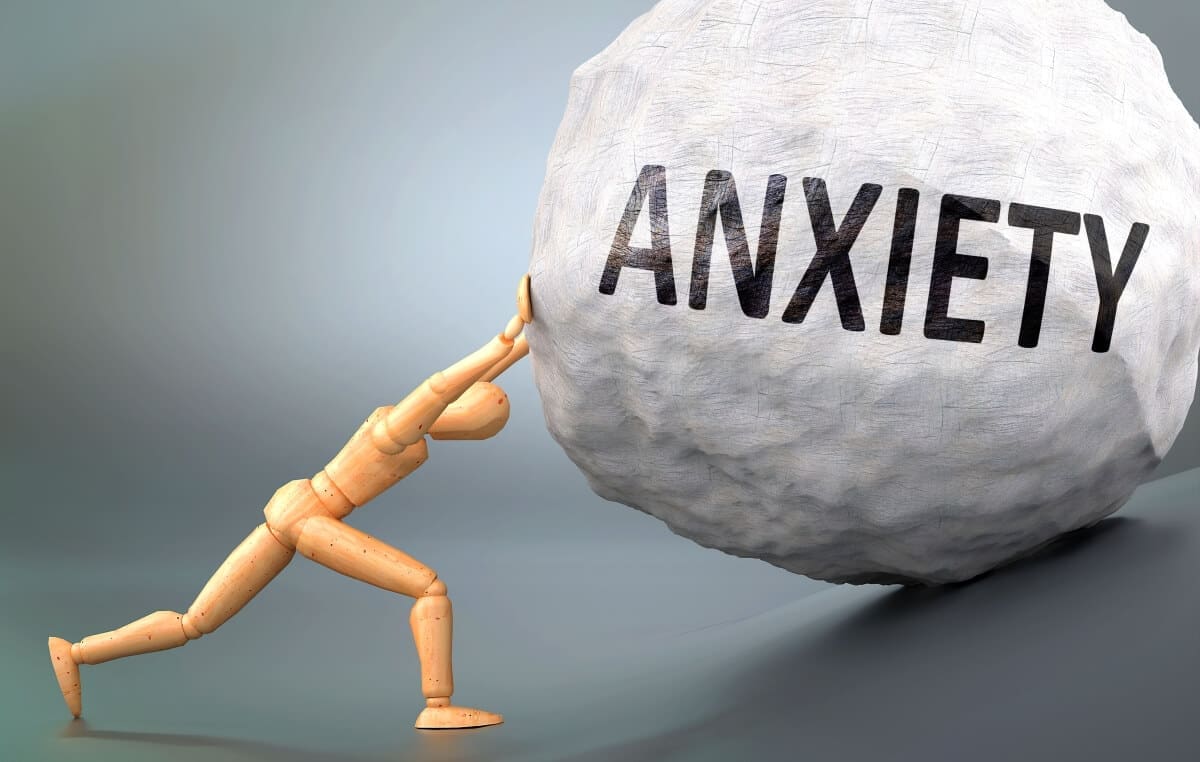
Anxiety and Addiction
Anxiety and Addiction October 23, 2023 Prosperity Haven Addiction Treatment Mental health is intrinsically linked to substance abuse and addiction. While anxiety is not always a part of an underlying mental health issue (everyone feels anxious from time to time), it can be a cause or even a result of drug or alcohol abuse. The issue is made even more complicated by the fact that medical professionals often prescribe medication for anxiety, which itself can be addicting. If you’re reading …
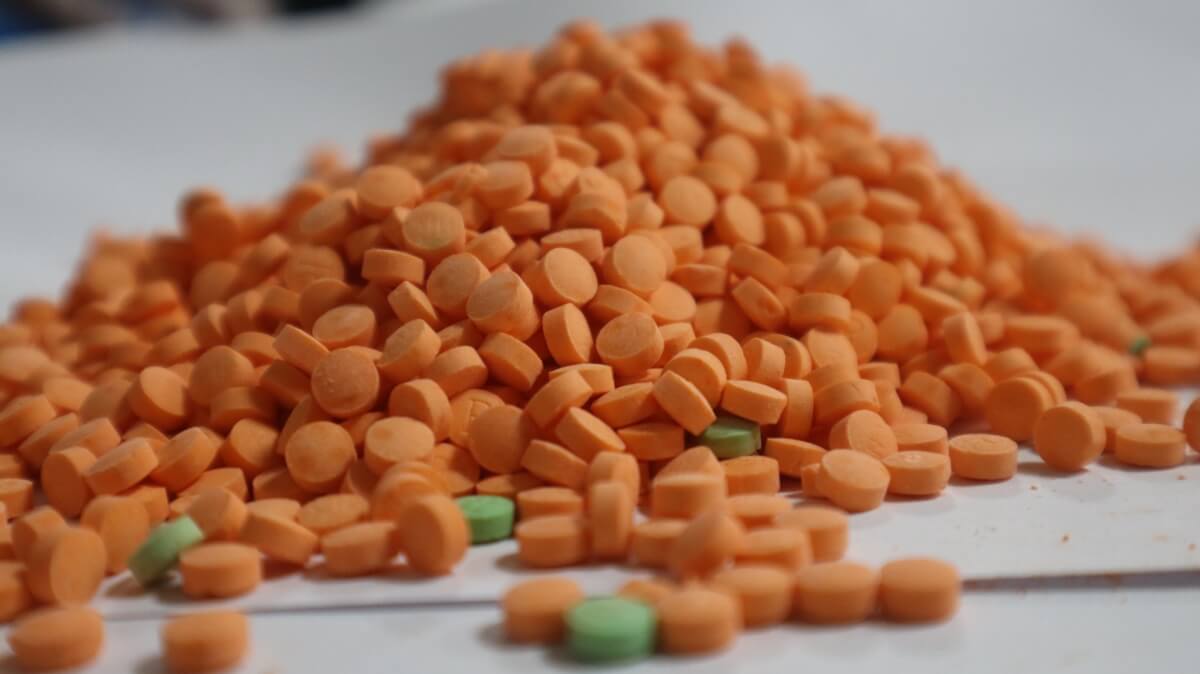
Yaba – The Dangers Of Caffeine-Laced Meth
Yaba – The Dangers Of Caffeine-Laced Meth February 8, 2023 Prosperity Haven Addiction Treatment Though crystal meth has been around for more than a century, drug pushers and abusers are continuing to find new ways to make the drug more effective, more addictive, and more dangerous. Yaba first came into existence sometime in the late 1990s or early 2000s, and has since become a popular variation among meth users in certain parts of the world. It also poses its own …
Message us with your questions
Complete the Form Below and We Will Get Back To You
"*" indicates required fields






